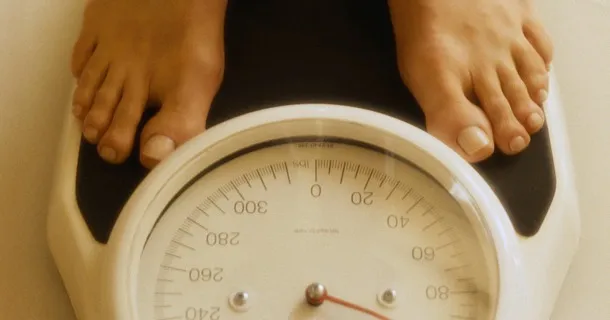
When a Calorie is not a Calorie or a Calorie
As an Amazon Associate, we earn from qualifying purchases at no cost to you.
Over the years, many dietitians have been taught that “a calorie is a calorie is a calorie”. But recent research has shown that not all calories are created equal.
One of my first ventures into “fitness technology” was in college with my PDA (although there were plenty public displays of affection at college, I’m referring to a Personal Digital Assistant). I faithfully logged my foods in a calorie-counting app, striving for the perfect number of calories that promised a loss of 1 pound per week. However, the weeks would go by and the scale would not move, which is when I found a forum post from a brilliant user that perfectly solved my plight: “your body is not a calculator”.
It’s generally accepted that carbs and protein both have 4 calories per 1 gram. Fat has 9 calories per 1 gram. And, if you’re curious, alcohol has about 7 calories per gram. So the “low fat” diet craze was based on the fact that carbs have fewer calories than fat. However, the highly processed carbs in many diet foods digested quickly leaving people unsatisfied by low fat foods that they ended up eating more empty carb calories and negating any “calorie savings”
Fats and protein play an important rule in satiety, as in making you feel full. So healthy fats can actually help you feel like you’ve eaten something since it stays in your stomach longer than simple carbs. Same with protein: it takes longer for your body to digest, therefore making you feel full longer. And not all carbs are necessarily bad. “Whole Grains” contain fiber that can help slow digestion, preventing the “sugar rush” (and crash) you get from simple carbs.
There are also many other things happening in your body that break the calorie calculator. For example, for every 100 calories of carbs you eat, your body expends about 5-10 calories digesting it. With fat calories, you expend even less. But with protein, you expend about 20-30 calories to digest them. Then there’s the whole “starvation mode” where your metabolism (and calorie burning potential) will decrease if you eat too few calories for your body’s basic needs.
So what’s the best approach? Eat whole, natural foods from a variety of sources, so you get a nice mix of carbs (with whole grains) and fat for energy, and protein for muscle repair and satiety. Eating a good mix of whole grain, fruits, vegetables, and proteins (from meat or plant sources, depending on your diet) will help you feel fuller, satisfied, and happy.
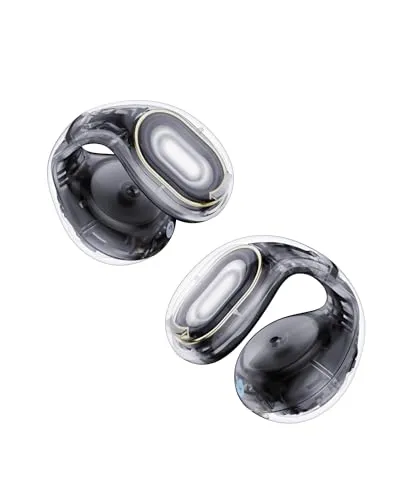
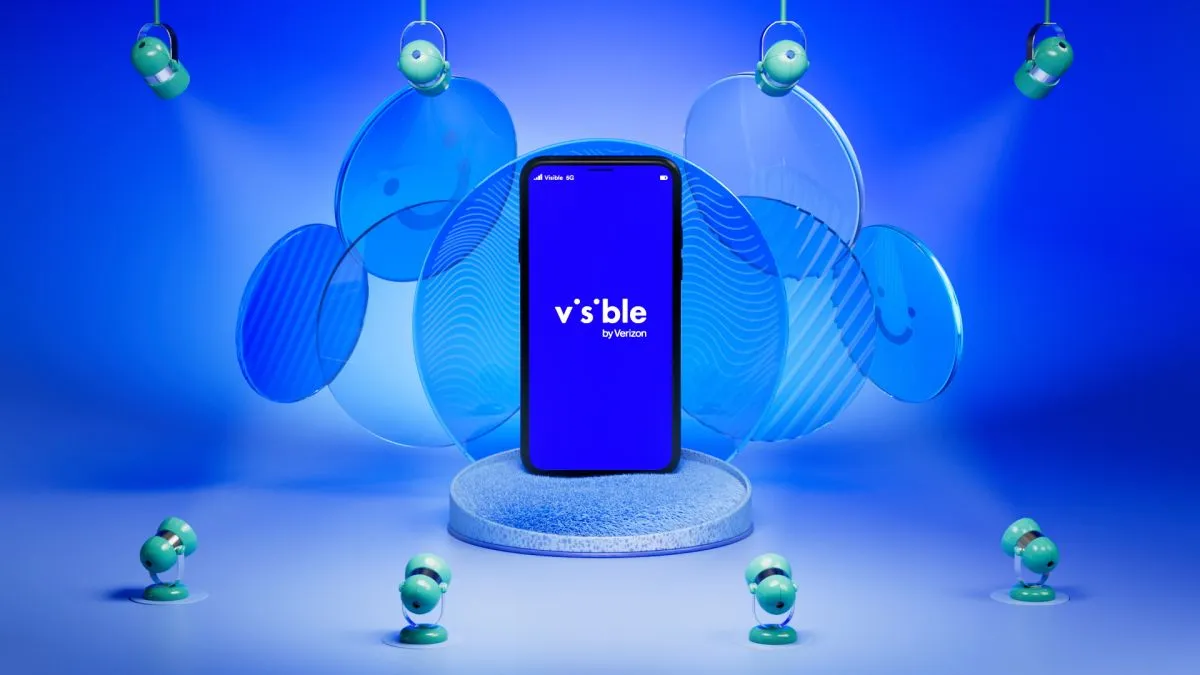
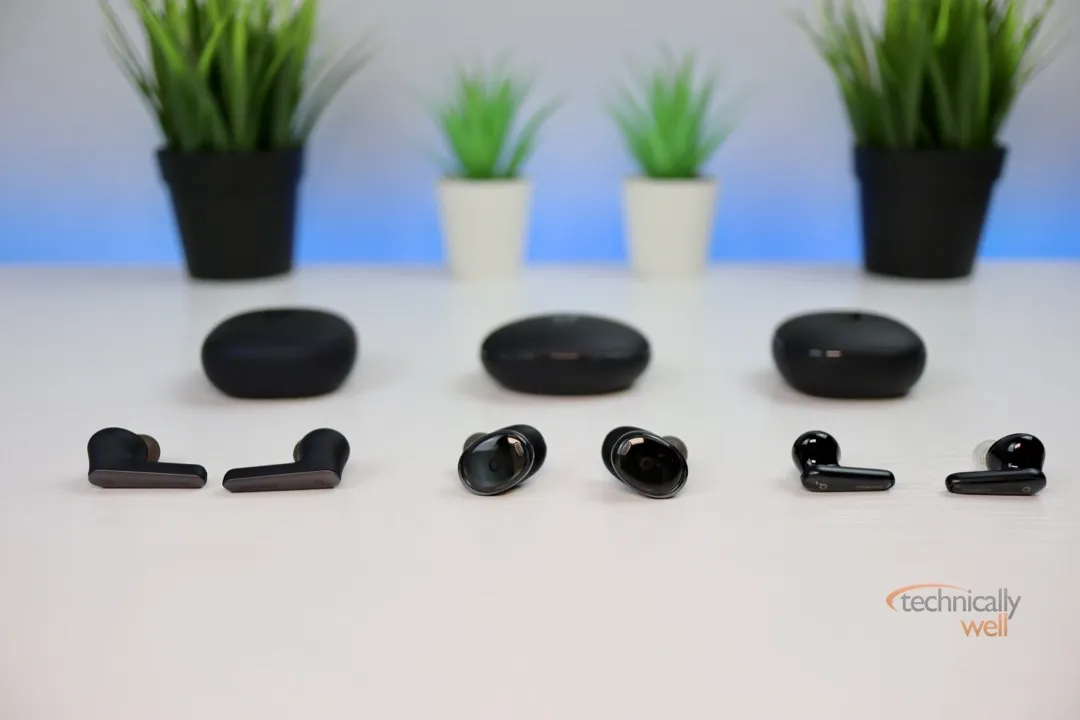
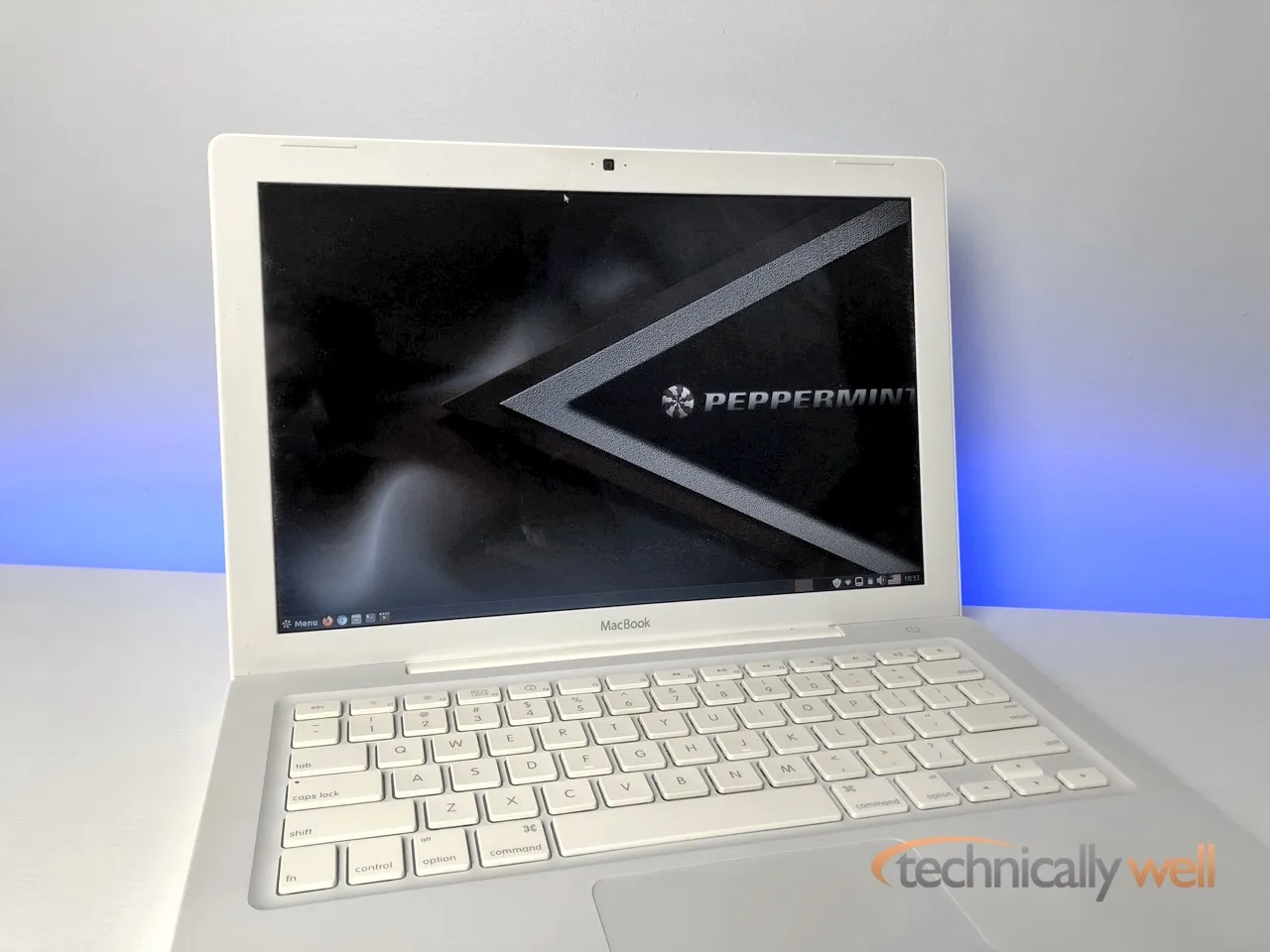
 Hi, I'm Ryan! I've worked in the IT industry for over two decades and I love checking
out new gadgets, apps, and services that make our lives easier.
Hi, I'm Ryan! I've worked in the IT industry for over two decades and I love checking
out new gadgets, apps, and services that make our lives easier.